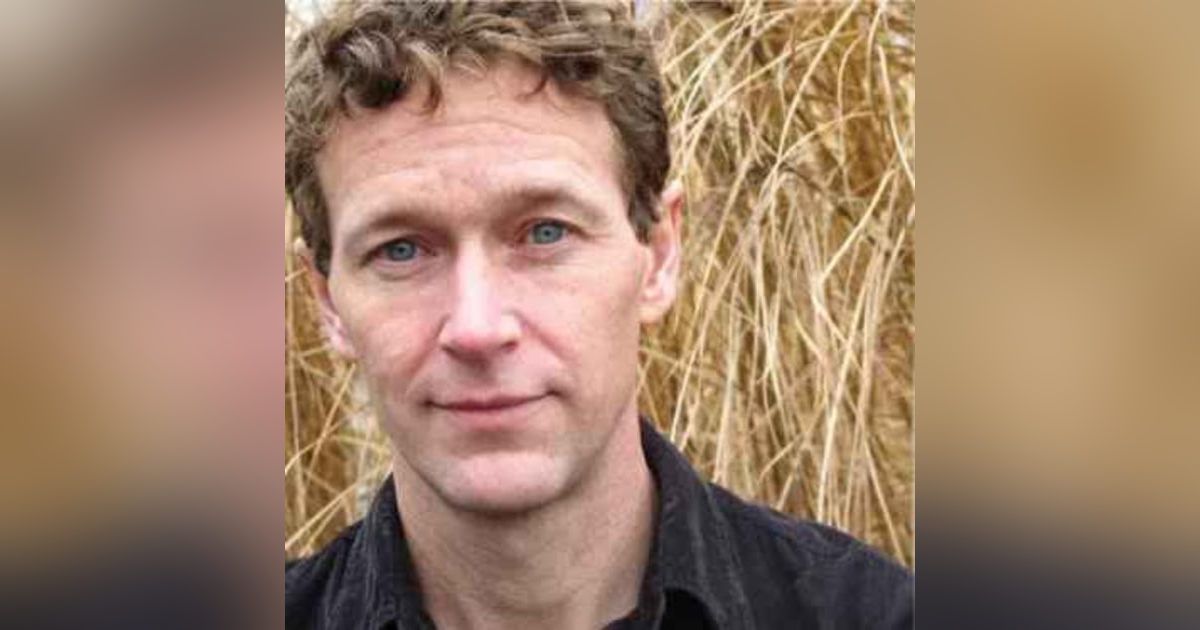455: J. B. MacKinnon, part 2: What happens when you pay for quality?

Our world values cheap and disposable---in food and doof packaging, furniture, cars, and near the top of the list, clothes, especially fast fashion. The world is paying for it in the sense of overfilled landfills, plastic disrupting endocrine systems of animals including us, oil wells everywhere, garbage patches in the ocean, and so on.
I see us paying the price. We're always craving. Stuff always breaks. We feel compelled to buy new phones when the old ones should have kept working. We're obese from snacking. We're twisted up inside polluting while trying to convince ourselves we're not.
J. B. MacKinnon's new book The Day the World Stops Shopping examines this part of our culture and for this podcast he committed to go against that trend by buying a quality pair of jeans from a place he knew the sourcing, labor practices, and everything else, the opposite of fast fashion. He also paid significantly more for them.
Was the premium worth it? Should you do the same? What can we learn from his experience?
We talk about these questions and he experience from many perspectives.
Here's the description of his new book, The Day the World Stops Shopping:
"We can't stop shopping. And yet we must. This is the consumer dilemma."
The planet says we consume too much: in North America, we burn the earth's resources at a rate five times faster than they can regenerate. And despite our efforts to "green" our consumption--by recycling, increasing energy efficiency, or using solar power--we have yet to see a decline in global carbon emissions.
The economy says we must always consume more, because, as we've seen in the pandemic, even the slightest drop in spending leads to widespread unemployment, bankruptcy and home foreclosures.
Addressing this paradox head-on, J.B. MacKinnon asks, What would really happen if we simply stop shopping? Is there a way to reduce our consumption to earth-saving levels without triggering an economic collapse?
At first, this question took him around the world, seeking answers: from America's big-box stores, to the hunter-gatherer cultures of Namibia, to communities in Ecuador that consume at an exactly sustainable rate. Then his thought experiment came shockingly true, as the coronavirus brought shopping to a halt and MacKinnon's ideas were tested in real time.
Drawing on experts ranging from economists to climate scientists to corporate CEOs, MacKinnon investigates how living with less would change our planet, our society and ourselves. Along the way, he reveals just how much we stand to gain.
Imaginative and inspiring, The Day the World Stops Shopping will empower you to imagine another way. (From Random House Canada)
J. B. MacKinnon is a journalist and writer who lives in Vancouver. He is also the author of the nonfiction books Dead Man in Paradise and The Once and Future World and is the co-author of the book The 100-Mile Diet, which popularized the local food movement.
Hosted on Acast. See acast.com/privacy for more information.







